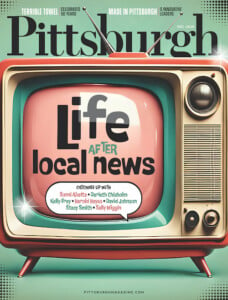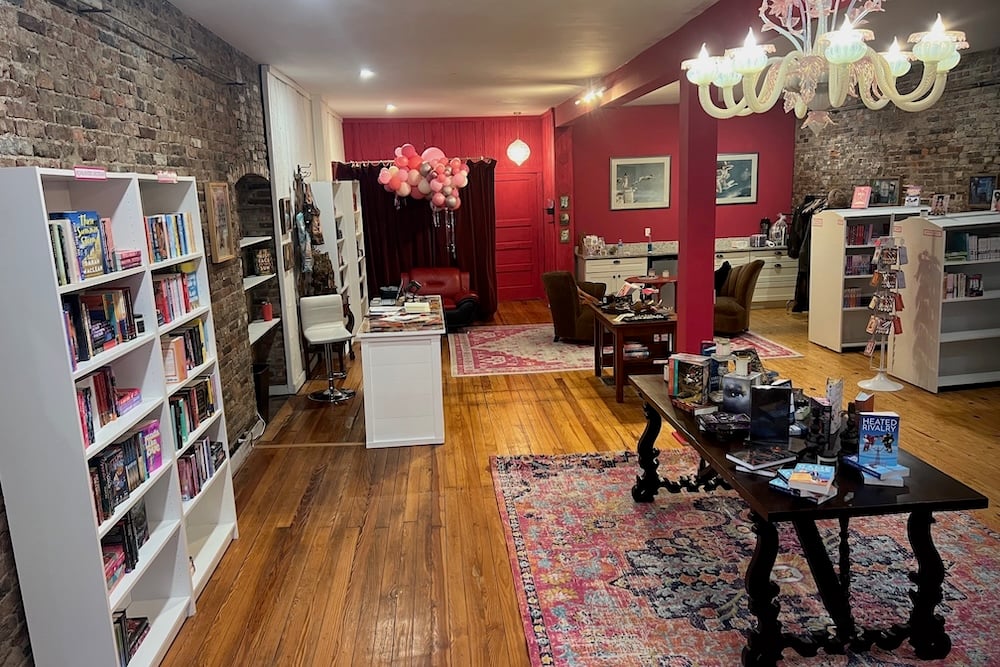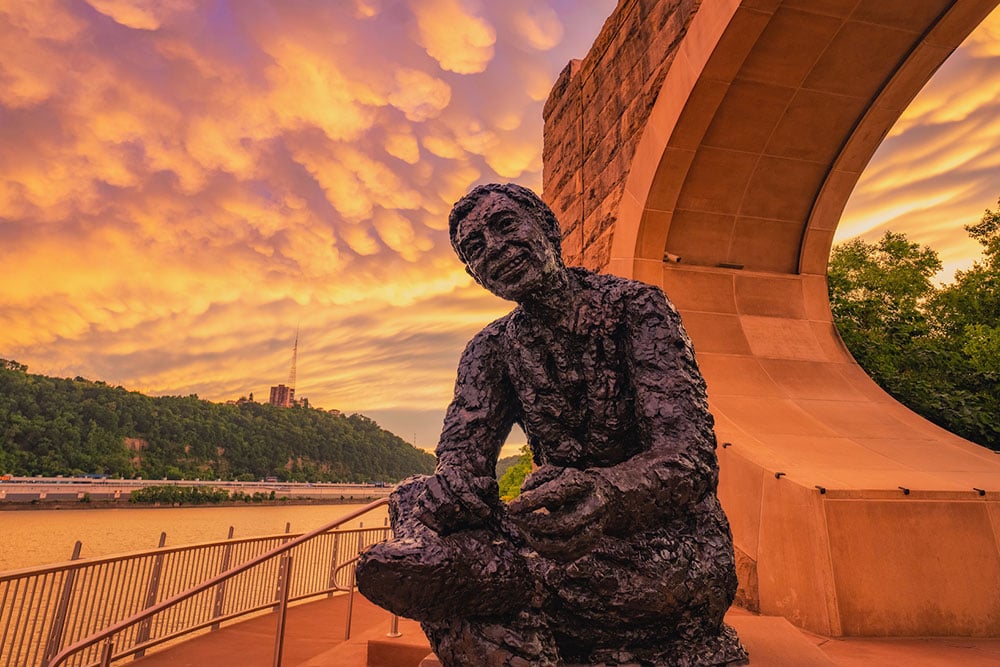Three Major Theaters in Pittsburgh Look at a Possible Merger
The Pittsburgh Public Theater, City Theatre and Pittsburgh CLO all face financial troubles.
The three largest independent theaters in Pittsburgh — the Pittsburgh Public Theater, Pittsburgh CLO and City Theatre — sent emails to patrons on Friday saying they are exploring merging to overcome difficult financial situations facing all three of them.
“Our organizations have begun a collaboration to explore ways we can overcome the same existential challenges faced by regional theaters across America, prompted by shrinking federal arts funding, tightening demands on philanthropic priorities, and the erosion of traditional subscriber models amid ever-widening entertainment choices,” according to an email sent by Shaunda McDill, managing director of the Pittsburgh Public Theater. The other companies sent out similar notes.
Both the Public Theater and City Theatre are heading into their 51st seasons; the CLO is even older, marking its 79th season this year.
A New York-based arts consulting company gave a harsher review about their financial health, according to an article in the Pittsburgh Post-Gazette. “All three organizations are on the self-reported brink of financial failure in the near or mid-term future based on their own financial reporting and projections,” according to a draft of a report by Keene Consulting obtained by the Post-Gazette. The firm has been studying the situation since January.
“We are now in the very early stages of what will be a highly inclusive process centered on listening, research and data, which may take several months,” according to the note sent to Public Theater patrons.
“As we undertake these efforts, we recognize the many considerations ahead, including the essential diversity of our city’s talented artists, the preferences of our discerning patrons and the enduring dedication of our staffs who are the lifeblood of our theater community,” according to the note. “While we have initiated some of the necessary legal, economic and cultural impact studies, our path forward will ultimately be driven by you and the community we serve, not consultants.”
A trio of theater enthusiasts founded the Public Theater in 1974 “after a decade in which the city had become known nationally as an unenthusiastic theater town,” according to an historical account on its website. It’s been based at the 650-seat O’Reilly Theater in the Cultural District since 1999.
City Theatre on the South Side, which focuses on new works, started as the City Players that performed in schools, parks and housing projects. It’s now housed in an expansive campus on Bingham Street. Its mission is to provide “an artistic home for the development and production of contemporary plays that engage and challenge a diverse audience. Its vision is to be the best mid-sized theater in America.”
The Civic Light Orchestra, now known as the Pittsburgh CLO, debuted at Pitt Stadium in 1946. “Immediately, talk of a new era in Pittsburgh’s cultural life made a huge splash in all three of the city’s daily newspapers,” according to a timeline on the CLO website. In fact, the Sun Telegraph predicted that “the CLO will inaugurate a cycle in the city’s musical history that will outlive us all.”
The former Civic Arena opened in 1962 as the home for the CLO. Since 1991, the CLO has sponsored the Gene Kelly Awards for Excellence in High School Musical Theater. It celebrated its 75th year in 2021 with performances at what was then Heinz Field. It also has been lead producer for several shows on Broadway.
The three theaters plan to engage patrons and the community in discussions about their future.
“Together, we can envision a future that sustains and celebrates the canon of American theater in Pittsburgh,” the note concluded. “We approach this moment with unity, humility, optimism, and an unwavering belief in our shared capacity to create a lasting model for the future.”













